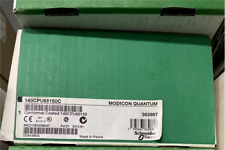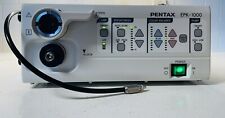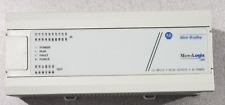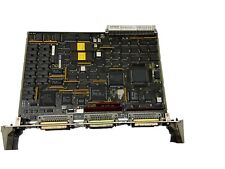
University of Minnesota Cancer Center researchers have found that morphine, which is routinely given to cancer patients to manage severe pain, actually stimulates signals in endothelial cells that in turn prompt tumors to grow in mice. The study will be published in the Aug. 1 issue of Cancer Research. Kalpna Gupta, Ph.D., assistant professor in the hematology, oncology and transplantation division of the uUniversity’s department of medicine and lead author of the study, found that doses of morphine similar to doses given to cancer patients activate the mitogen-activated protein kinase (MAPK) signaling pathway in human endothelial cells (cells that form blood vessels). MAPK plays a key role in promoting endothelial cell multiplication and angiogenesis (formation of new blood vessels). Angiogenesis can cause tumor growth by providing nutrients to growing tumors and by transporting cancer cells from a tumor to other parts of the body. Gupta notes that morphine did not promote initial or early growth of tumors in this study.
“Despite the widespread use of morphine to treat pain in many medical conditions like cancer, little was known about how this drug affects blood vessels or cancer,” says Gupta. “Our study shows that morphine stimulates the formation of new blood vessels inside the tumor, which in turn allows increased growth of tumors in mice.” Gupta cautions that there is currently no scientific data that indicates morphine or similar pain medications will lead to increased growth of cancers in humans.
According to Gupta, these findings could lead to the development of new treatments to manage cancer pain. For example, understanding the activity of opioids like morphine in angiogenesis may lead to new drugs that selectively relieve pain without stimulating angiogenesis. The researchers said that their findings call for further investigation of the role of morphine and similar opioid drugs in tumor growth in patients.


















Comments are closed.